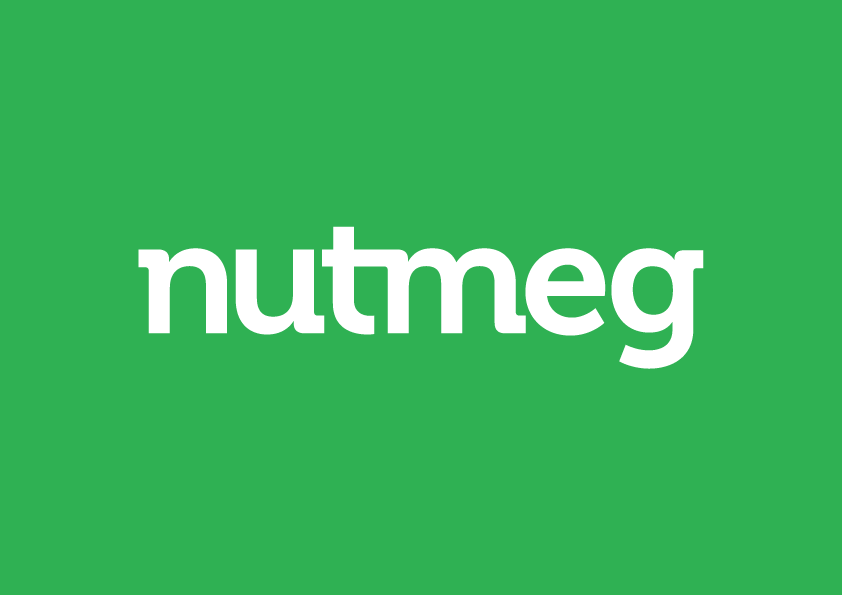London’s emergence as a world leader in digital tech has been phenomenal.
Its reputation for digital tech innovation and excellence is unparalleled. More than a third of Europe’s tech unicorns ($1billion valued businesses) are based in the capital. In 2016, Blippar, the augmented reality company, joined the ranks, alongside Transferwise, Shazam, Rightmove, Funding Circle and many more. London is now home to 14 out of 47 of Europe’s unicorns – double the number of the next closest country.
London is a world leader in digital tech, and its reputation is growing ever stronger.
In the City – arguably the global capital of finance – growing fintech businesses such as Transferwise, Algomi, iwoca and eToro are giving the big banks a run for their money.
In the East End, start-ups including Kano, SAM Labs and Roli are on the frontline of a maker movement while Plexal at Here East, part of the 2012 Olympic Games Park, has been transformed into a hub of digital tech activity, with 68,000 sq ft of co-working space.
To the north, Abbey Road Studios – once the heart of the swinging sixties’ music scene – now runs an ‘Abbey Road Red’ incubator programme for music tech entrepreneurs. Meanwhile, the capital’s giant e-commerce industry – boasting platforms such as Farfetch, Matchesfashion.com, Depop and Threads – has spread its roots as far as Richmond, where Notonthehighstreet.com has its leafy headquarters. Co-working spaces can be found in all corners of the city, from Second Home just off Brick Lane to Interchange in Camden, via Bermondsey’s Biscuit Factory and Tomorrow in Croydon’s Tech City.
There are now close to 200 co-working spaces in London. London is home to four of the best universities in the world which are generating and attracting a rich pool of talent. They are the foundation of the city’s rich knowledge base, known as the Knowledge Quarter. It includes institutes such as the Alan Turing Institute, as well as tech companies such as Google.
Accelerator programmes spanning all sectors can be found in the city. One shining example is Entrepreneur First, which supports London’s emergence as a machine intelligence powerhouse.
The AIM on the London Stock Exchange performed well in 2016, with 39 IPOs raising almost £1 billion. What’s more, in 2016 alone London companies attracted £2.2 billion of VC and PE funding. Some of the largest rounds of funding were raised by Deliveroo, Citymapper and Darktrace. In January 2016, the £50 million UCL Technology Fund was set up to invest in intellectual property from University College London while in the same month, the £40 million Apollo Therapeutics Fund was created in collaboration with the University of Cambridge, Imperial College London and UCL. King’s College London announced the first 20 startups to join its new accelerator programme, while food tech startups received a boost from the opening of Just Eat’s new accelerator programme.
Google has announced plans to hire more than 3,000 staff in the UK, in what amounts to a major boost to the UK digital tech sector in the wake of Britain’s vote to leave the EU. The planned expansion of their King’s Cross campus would leave it employing 7,000 in London by 2020, making it the biggest development outside the US. Also expanding in the capital are Apple, Amazon and Snap, which has chosen London as its international HQ. Sadiq Khan, the Mayor of London, has launched a £7 million scheme to support young people, especially women and minority groups, into digital tech careers. Finally, an important part of any city is its cultural offering. The Barbican Centre in Moorgate is working with other cultural organisations to form a Cultural Hub, a creative alliance which builds upon the City’s already internationally acclaimed cultural offer.

Farfetch is the online platform to shop the world’s greatest selection of luxury. Founded in 2008 by José Neves, the platform partners with the world’s best luxury retailers. This unique business model guarantees an unparalleled range of pieces to shop in one online destination. The ambition is to change the way the world shops for fashion.
In London there is a vibrant ecosystem of both technical people and creative minds. The city is a magnet for international talent, and benefits from the diversity of its people. East London is now the city’s tech centre – it’s great to be surrounded by local start-ups doing interesting things.

We improve the day-to-day quality of life for people living with long-term illnesses by curating and developing non-medical products that can alleviate symptoms and side effects.
London’s density of companies at similar sizes, stages and ambitions is a big bonus: (i) we can constantly learn from those around us who are a few steps ahead with scaling, (ii) we can tap into the ecosystem that has developed because of this density, including financing, networks, infrastructure and talent

Founded in 2006, Unruly is an ad tech company that gets videos seen, shared and loved across the open web. It is for bands that want to move people, not just reach people.
Being situated in London, in the heart of Tech City, means we have access to the HQs of our customer base, some of the most innovative companies on the planet and world-leading universities and talent.

Nutmeg takes the best of high-end investing, strips out the complexity and cost, and provides it to customers online. Our fees are simple, and customers can manage their risk and withdraw money for free any time.
Vauxhall gives us access to London’s expertise, events, talent, partners and clients without the higher prices of central London. London has been perfect for us – for hiring, fundraising, targeting clients and more.